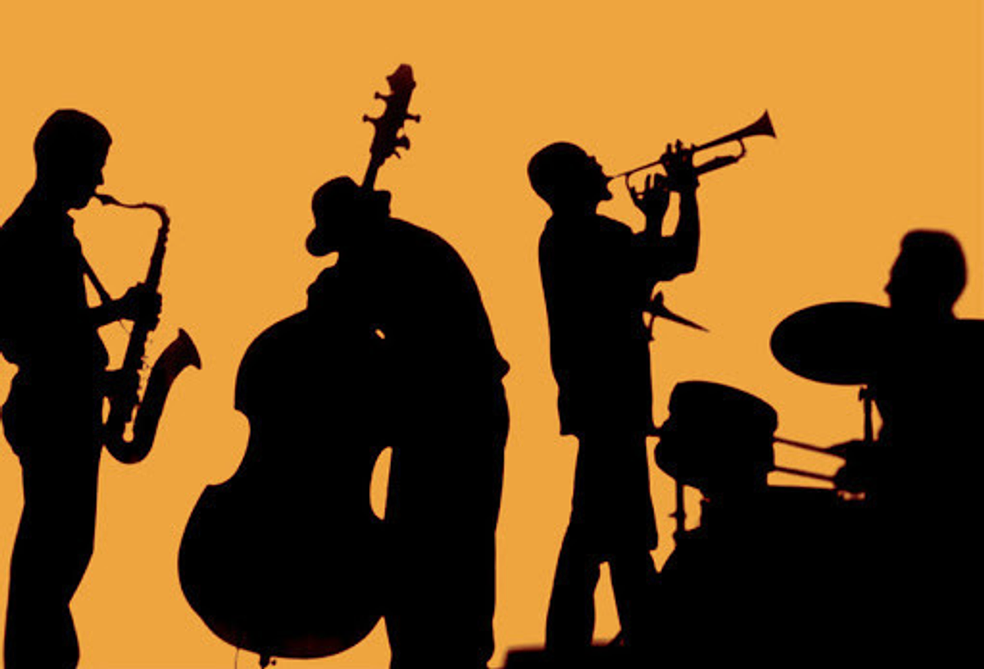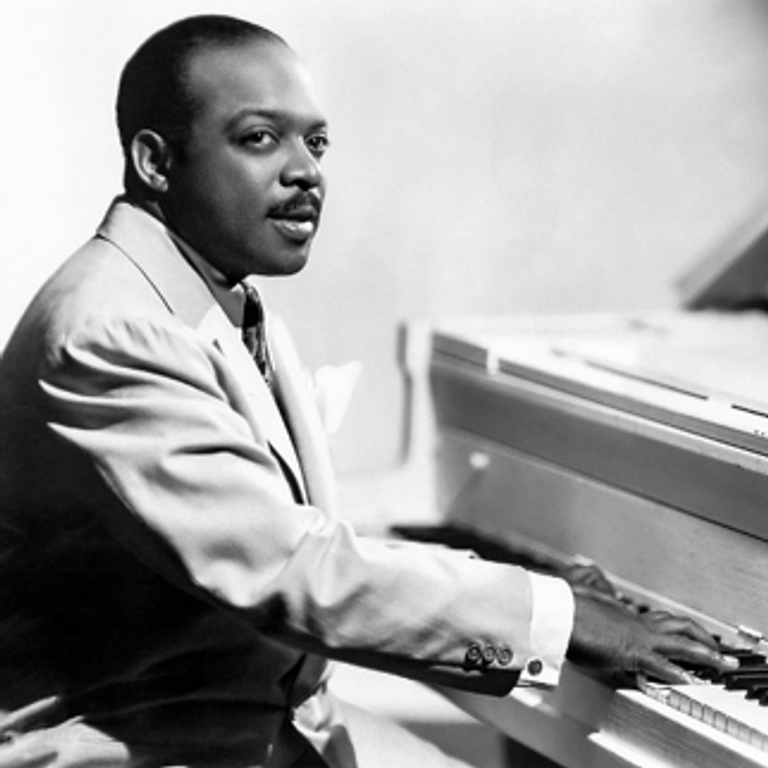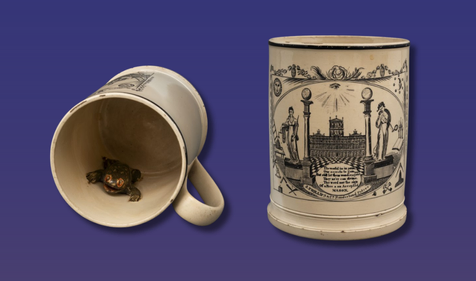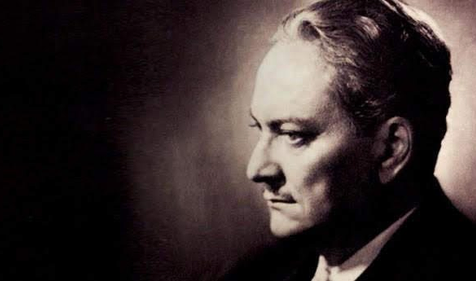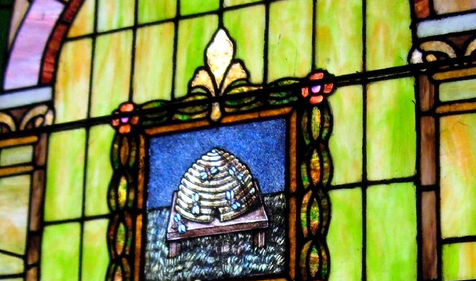From Louis Armstrong to Glenn Miller, this article explores the many amazing jazz musicians who were also Freemasons.
It is no secret that Freemasons have influenced humanity in a variety of ways over the centuries. We have done it through our tireless dedication to charity, our steadfast leadership at pivotal moments in history, or through our many cultural contributions. In the United States, few movements have shaped our culture to the extent of jazz, perhaps the most uniquely American genre of music.
Jazz emerged from the African American communities of the southern United States during the early 20th century. It immediately transformed popular music across the country and has since been reinvented time and again for more than a hundred years. Several of the most prominent jazz musicians in that time are today world-famous and are responsible for creating some of the most recognizable songs in history. While many may not know it, we’re proud to say that among these influential artists were several Freemasons. Continue reading to learn about these exceptional composers, instrumentalists, and Brothers.
Nat “King” Cole
Born in Montgomery, Alabama, in 1919, Brother Nat King Cole performed for the first time at the young age of four. He became a full-time musician by the age of 15 and would go on to become a Grammy Award-winning singer and jazz pianist and record dozens of records, including many hit singles. Some of his most famous singles include “Unforgettable,” “Frosty the Snowman,” and “Mona Lisa.”
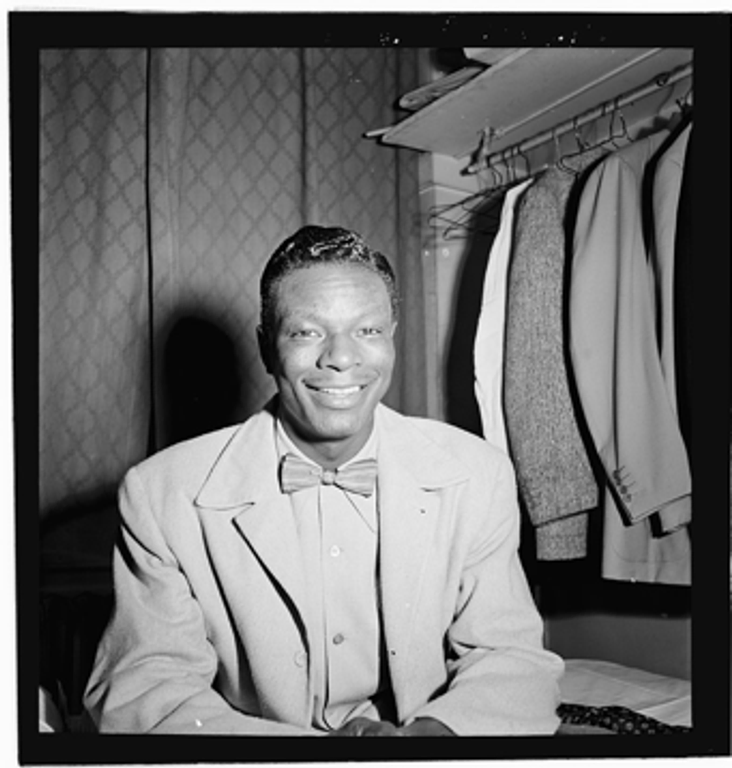
Cole became a Freemason in 1944 after joining Thomas Waller Lodge No. 49 in California, a lodge named after Prince Hall Mason and jazz musician Fats Waller. Brother Cole became a Scottish Rite Freemason and was a Prince Hall Freemason for the rest of his life. Once, he was criticized for playing to segregated audiences as a young man, to which he said, “I may be helping to bring harmony between people through my music.” His commitment to bringing people together through his music demonstrates how he strived to live his Masonic values throughout his life.
Duke Ellington
Among the most famous jazz musicians in history, Edward Kennedy "Duke" Ellington’s impressive career spanned six decades. He was a piano player, composer, and orchestra leader who earned global celebrity for his work. Growing to prominence in the 1920s in New York City, he was known for having great charisma, a sensational band, and an unmatched work ethic, having composed over one thousand pieces of music in his life. Duke was a Prince Hall Freemason and member of Social Lodge No.1 in Washington D.C. and created an impressive legacy during his life. At his funeral, more than 12,000 people attended to pay their respects.
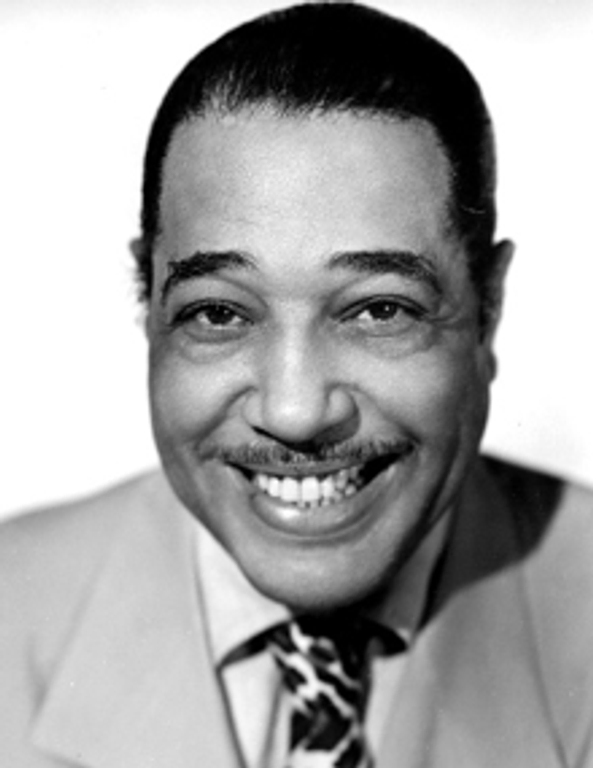
Glenn Miller
In the short span of four years, Glenn Miller earned 16 number-one records and 69 top ten hits. That is more top ten hits than either Elvis Presley or the Beatles landed in their entire careers. Brother Glenn Miller was born in Iowa in 1904 and developed an interest in music at a young age, saving up to buy his first trombone when he was just 14. A few years later, he turned his eyes towards becoming a professional musician and began composing music, including his signature “Moonlight Serenade.” Miller wrote music for such notable names as Bennie Goodman and published his first songbook in 1928.
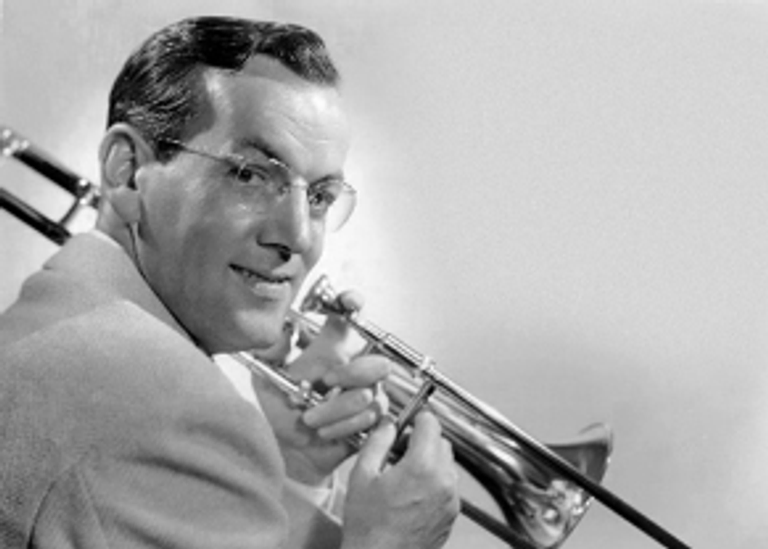
Nearly ten years after he began composing for others, Miller formed his own band and began garnering great acclaim. Some of his most famous pieces include “In the Mood,” “Chattanooga Choo Choo,” and “Little Brown Jug.” From 1939 to 1942, he was the best-selling recording artist in the country. At the end of this period, Miller volunteered to enlist in the military to go overseas and perform for the stationed troops serving in World War II. Ultimately, Glenn Miller would spend a couple of years performing and recording in England, playing over 800 shows. Sadly, in 1944 he took off on a flight bound for Paris, and his plane disappeared over the English Channel.
While no documentation exists proving Glenn Miller’s membership in a particular Masonic lodge, several American Grand Lodges reference him as a member of the fraternity.
Count Basie
The great jazz pianist and composer William James "Count" Basie helped establish swing music as one of jazz’s most popular styles. Brother Basie was known for his good humor, relaxed demeanor, and passion for his craft. He was born in Red Bank, New Jersey, in 1904 and began learning the piano at a young age. Always focused on his love for music, he began touring and playing professionally in his teens. He moved to New York City in 1924 and began rubbing elbows with other great musicians of the time, including fellow Freemason Fats Waller.
In 1935, Basie formed Count Basie Orchestra, the band he would lead for nearly 50 years. As his career advanced and he gained more renown, he became known for how his style compared to his contemporaries. Compositionally, Basie’s songs were often straightforward, built off simple melodies over which his band members could solo.
For his unique contributions to the world of music, he won nine Grammy awards during his life. He received an honorary doctorate from Berklee College of Music, was inducted in the Blues Hall of Fame in 2019, and also was awarded a star on the Hollywood Walk of Fame.
Basie was a member of Wisdom Lodge No. 102 in Chicago, Illinois.
Related Stories
Discover additional Scottish Rite blogs and news on this topic.
-
A Jolly Masonic Mug
History
Read More about A Jolly Masonic Mug
-
Manly P. Hall: Philosopher, Mystic, and Freemason
Famous Masons
Read More about Manly P. Hall: Philosopher, Mystic, and Freemason
-
What Does the Beehive Mean in Freemasonry?
Degrees
Read More about What Does the Beehive Mean in Freemasonry?
